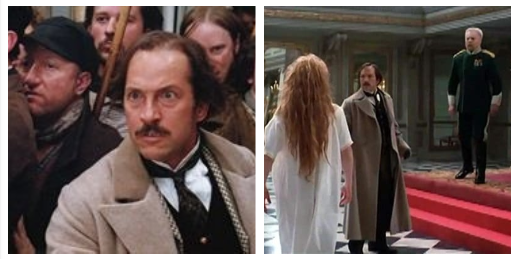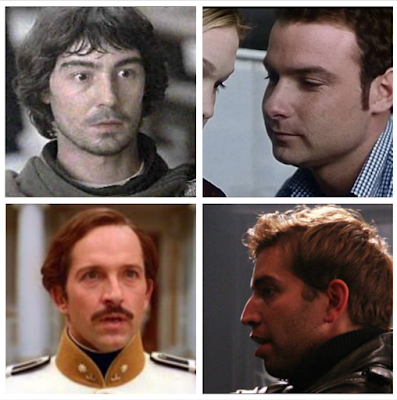Toxic Masculinity Distracts While Ophelia Drowns, 4.7: (Part 7) Labors of Gratitude and Regret in Hamlet

Part 7: Laertes' Labors of Gratitude & Regret: Toxic Masculinity Distracts While Ophelia Drowns ( Hamlet 4.7) This is the latest installment in a multi-part series examining how characters interact in Hamlet, offering opportunities, gifts, planting seeds for future inspiration, or for changes of heart & mind. It follows ideas from Lewis Hyde (“The Labor of Gratitude,” a chapter in his book, The Gift: Imagination and the Erotic Life of Property ). For an index of previous posts in this series, see the end of this post. Sorting Out Hamlet 4.7 The seventh scene of Act Four in Hamlet may seem packed with superfluous details that could be (and probably often are) cut: It’s a long play; usually, cuts are made. Laertes still has questions about his father’s death: if Hamlet intended to kill Claudius, then why didn’t Claudius take action against Hamlet? Claudius shares more flattery with Laertes, conveying to Laertes some things Claudius claims (truthfully or not) that Hamle


